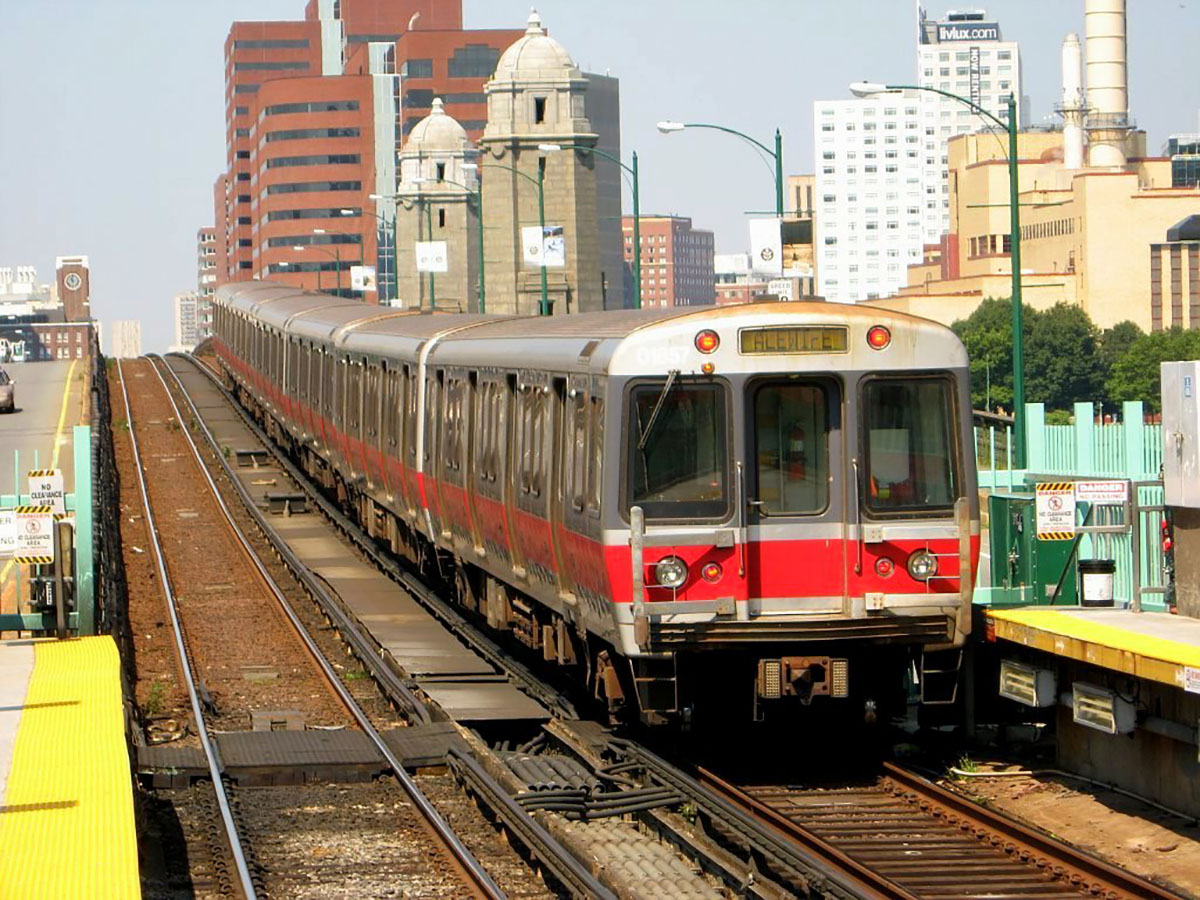It’s Not Hard to Earn Overtime Working for the MBTA

Red Line photo via Wikimedia Commons
The Massachusetts Bay Transportation Authority has many, many problems that go beyond the well-established huge maintenance backlog and extensive infrastructure decay. For instance, on the personnel and human resource side, the cash-strapped public transportation agency’s workplace culture allows workers to score overtime pay without working a full 40 hour work week.
During Monday’s regular meeting of the board that oversees the MBTA, officials revealed that almost half of the agency’s overtime costs went to workers who did not put in a full 40-hour work week.
Approximately 43 percent of the MBTA’s overtime budget, roughly $32 million, went to workers who did not work a full traditional week.
The Boston Herald explains how the loophole works:
According to officials, the loophole works like this: A T employee calls in sick and then picks up overtime shifts later in the same week, punching in for roughly the same number of hours — or less — at the higher OT rate.
MBTA staffers who call in sick can also earn overtime during the same week by working more than eight hours during a single shift — even if they only work half their normal hours that week. That’s because union contracts don’t require MBTA workers to hit 40 hours in a work week before earning overtime.
Nearly a quarter of MBTA workers made over $100,000 last year after basepay and overtime were accounted for. The highest paid employee at the MBTA in 2015 was a maintenance worker who made $315,000 after working 2,648 hours of overtime but just 2,000 hours of straight time. The Herald‘s review found he worked, on average, what amounted to less than 40 hours a week.
The board overseeing the MBTA is awaiting a report on the agency’s absenteeism and overtime problems from an outside auditor that was proposed in December. MassDOT’s internal auditor is overseeing the review with outside help from KPMG.

